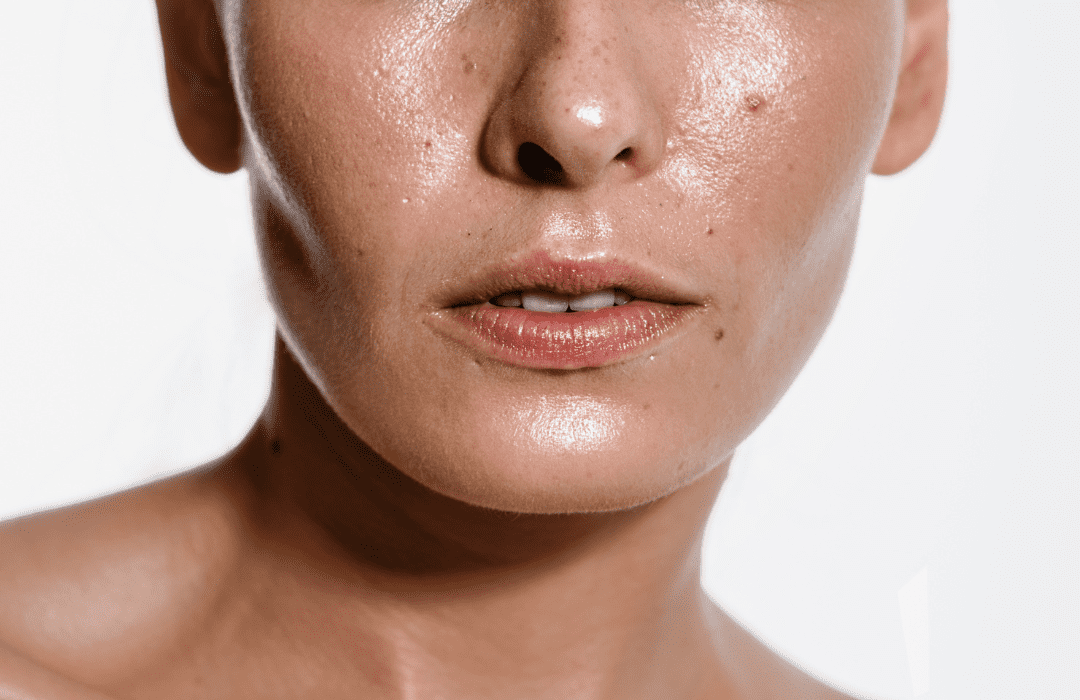Do you often find yourself battling with shiny, slick skin that seems to attract dirt and grime like a magnet? If so, you may be one of the many people who have oily skin. Understanding your skin type is crucial for maintaining a healthy and radiant complexion, and identifying oily skin is the first step towards achieving a skincare regimen that restores balance and confidence.

Image: www.natnolanimageconsulting.co.uk
Oily skin is characterized by an overproduction of sebum, a natural oil secreted by the sebaceous glands. While sebum plays a vital role in keeping our skin moisturized and protected, excessive production can lead to a plethora of skin concerns, including acne, blackheads, and enlarged pores.
Unveiling the telltale signs of oily skin involves a keen eye and careful observation of your skin’s behavior. Here are some key indicators that may suggest you have this skin type:
-
The Blotter Test: Take a clean piece of blotting paper and gently press it onto different areas of your face. If the paper shows significant oil absorption, particularly on the forehead, nose, and chin (the so-called T-zone), it’s a sign of oily skin.
-
Shiny Complexion: Oily skin tends to have a glossy or shiny appearance, especially in the T-zone. This is due to the excess sebum that sits on the surface of the skin, reflecting light and creating a glistening effect.
-
Enlarged Pores: Oily skin often exhibits enlarged pores, particularly on the nose and cheeks. This is because the excess sebum can clog pores, stretching them and making them more visible.
-
Frequent Breakouts: Oily skin is more prone to acne, blackheads, and other blemishes. The overproduction of sebum creates a favorable environment for bacteria to thrive, leading to the formation of pimples and other skin imperfections.
It’s important to note that oily skin can vary in severity, ranging from mild to severe. Some people may experience only occasional oiliness, while others may struggle with excessive sebum production that requires a more targeted skincare approach.
Understanding the underlying causes of oily skin is crucial for developing an effective skincare strategy. Hormonal imbalances, genetics, stress, and certain medications can all contribute to increased sebum production. Addressing these contributing factors, whenever possible, can help manage oiliness and improve overall skin health.
Embrace the uniqueness of your oily skin, for it holds its own set of strengths. Oily skin tends to be more resilient and less prone to dryness, fine lines, and wrinkles. With the right skincare practices, you can harness the benefits while minimizing the concerns associated with this skin type.

Image: ar.inspiredpencil.com
How Do I Know If I Have Oily Skin


/GettyImages-1303637-two-way-mirror-57126b585f9b588cc2ed8a7b-5b8ef296c9e77c0050809a9a.jpg?w=740&resize=740,414&ssl=1)


